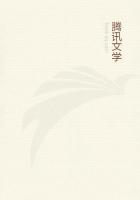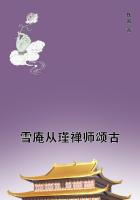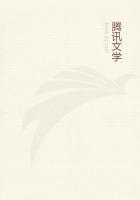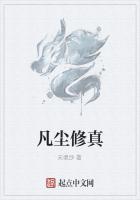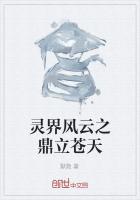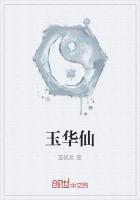There is some reason to think that in early times Adonis was sometimes personated by a living man who died a violent death in the character of the god. Further, there is evidence which goes to show that among the agricultural peoples of the Eastern Mediterranean, the corn-spirit, by whatever name he was known, was often represented, year by year, by human victims slain on the harvest-field. If that was so, it seems likely that the propitiation of the corn-spirit would tend to fuse to some extent with the worship of the dead.
For the spirits of these victims might be thought to return to life in the ears which they had fattened with their blood, and to die a second death at the reaping of the corn. Now the ghosts of those who have perished by violence are surly and apt to wreak their vengeance on their slayers whenever an opportunity offers. Hence the attempt to appease the souls of the slaughtered victims would naturally blend, at least in the popular conception, with the attempt to pacify the slain corn-spirit. And as the dead came back in the sprouting corn, so they might be thought to return in the spring flowers, waked from their long sleep by the soft vernal airs. They had been laid to their rest under the sod. What more natural than to imagine that the violets and the hyacinths, the roses and the anemones, sprang from their dust, were empurpled or incarnadined by their blood, and contained some portion of their spirit?
I sometimes think that never blows so red The Rose as where some buried Caesar bled;
That every Hyacinth the Garden wears Dropt in her Lap from some once lovely Head.
And this reviving Herb whose tender Green Fledges the River-Lip on which we lean Ah, lean upon it lightly, for who knows From what once lovely Lip it springs unseen?
In the summer after the battle of Landen, the most sanguinary battle of the seventeenth century in Europe, the earth, saturated with the blood of twenty thousand slain, broke forth into millions of poppies, and the traveller who passed that vast sheet of scarlet might well fancy that the earth had indeed given up her dead. At Athens the great Commemoration of the Dead fell in spring about the middle of March, when the early flowers are in bloom. Then the dead were believed to rise from their graves and go about the streets, vainly endeavouring to enter the temples and dwellings, which were barred against these perturbed spirits with ropes, buckthorn, and pitch. The name of the festival, according to the most obvious and natural interpretation, means the Festival of Flowers, and the title would fit well with the substance of the ceremonies if at that season the poor ghosts were indeed thought to creep from the narrow house with the opening flowers. There may therefore be a measure of truth in the theory of Renan, who saw in the Adonis worship a dreamy voluptuous cult of death, conceived not as the King of Terrors, but as an insidious enchanter who lures his victims to himself and lulls them into an eternal sleep. The infinite charm of nature in the Lebanon, he thought, lends itself to religious emotions of this sensuous, visionary sort, hovering vaguely between pain and pleasure, between slumber and tears. It would doubtless be a mistake to attribute to Syrian peasants the worship of a conception so purely abstract as that of death in general. Yet it may be true that in their ****** minds the thought of the reviving spirit of vegetation was blent with the very concrete notion of the ghosts of the dead, who come to life again in spring days with the early flowers, with the tender green of the corn and the many-tinted blossoms of the trees. Thus their views of the death and resurrection of nature would be coloured by their views of the death and resurrection of man, by their personal sorrows and hopes and fears. In like manner we cannot doubt that Renan's theory of Adonis was itself deeply tinged by passionate memories, memories of the slumber akin to death which sealed his own eyes on the slopes of the Lebanon, memories of the sister who sleeps in the land of Adonis never again to wake with the anemones and the roses.

